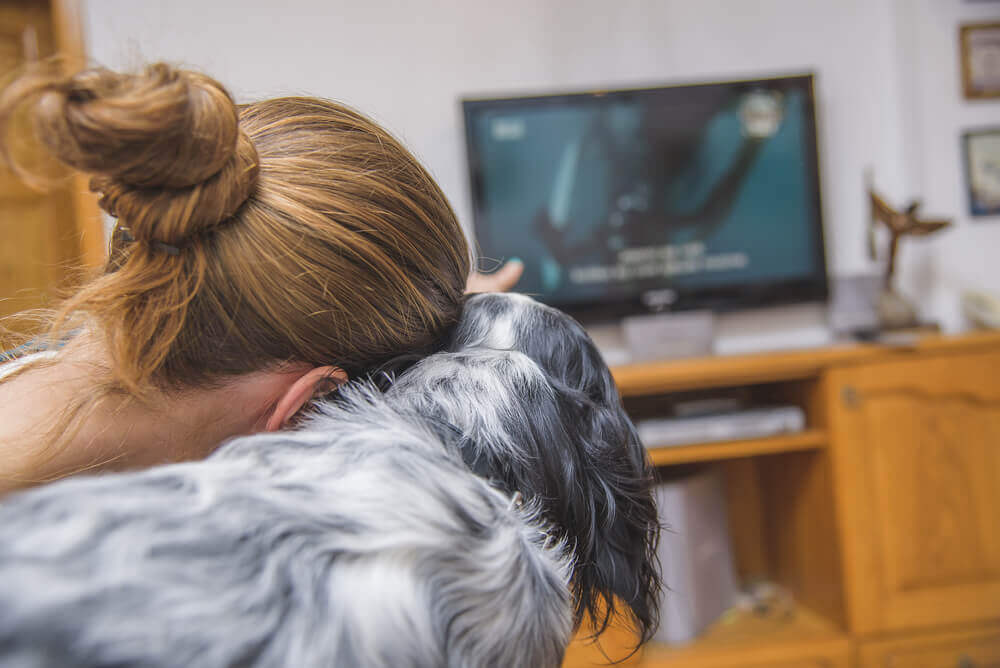Canine Education Programs: Under Suspicion


Written and verified by the vet Eugenio Fernández Suárez
There are several fashionable canine education programs on TV at the moment. Using concepts such as alpha male, these programs have become popular for learning how to train our pets.
Although canine education programs usually point out that the techniques should be carried out by a professional, they can still be dangerous.
Recently, the ethics group of the veterinary association AVEPA decided to issue a statement, and send it to several television channels that broadcast this type of programming.
Canine education programs and science
Veterinarians have expressed concern about these programs for several reasons. However, one of their biggest complaints is the lack of scientific basis to back up their methods. Most of these canine education programs base their diagnoses on the lack of leadership from the family.
According to these programs, people are part of a pack in which we must play the part of the alpha. However, the truth is that this hierarchical structure is based on wolves. In addition to that, this link has been proven to be a false one. The wolves that lead the pack are not the alphas. Instead, they are parents of the herd.
Because of this, it makes even less sense to apply the concept of the alpha to dogs. Even more so because they have evolved from living in a pack to living with humans. These animals establish relationships that are far more complex than mere dominance.

Canine education programs and wellbeing
Animal wellbeing is another issue that concerns veterinarians when it comes to analyzing canine education programs. Often, the animals are shown with clear signs of fear and stress.
Applying punishments doesn’t solve problems and may even increase the fear and aggressiveness of these animals. It can actually make animals behave even worse or even cause new unwanted behavior patterns to occur.
Canine trainers always recommend reinforcing behaviors that you want to see from your dog and ignoring the ones you don’t. However, in these programs, they almost always choose to punish “bad” behavior, something that dogs don’t always understand.
Canine education programs and their consequences

Professionals at the veterinary association AVEPA also fear that these methodologies may increase the risk of the dogs attacking the owners. In addition, it’s especially worrisome that this type of program is watched by minors.
Most dog attacks are on children. They are a higher risk group when it comes to interacting with animals, due to their height and inability to defend themselves.
Dog training education shows often promote values based on dominance and aggressiveness. Although they generally oppose humanizing animals, the truth is that the scientific back up is conspicuous by its absence.
Therefore, regardless of what you see on television, remember that the real professionals are veterinarians and ethologists. Because of this, when you have a problem with your pet, the last thing you should do is use canine education programs to guide you.
This text is provided for informational purposes only and does not replace consultation with a professional. If in doubt, consult your specialist.